10 Best Art Therapy Exercises for Addiction Recovery
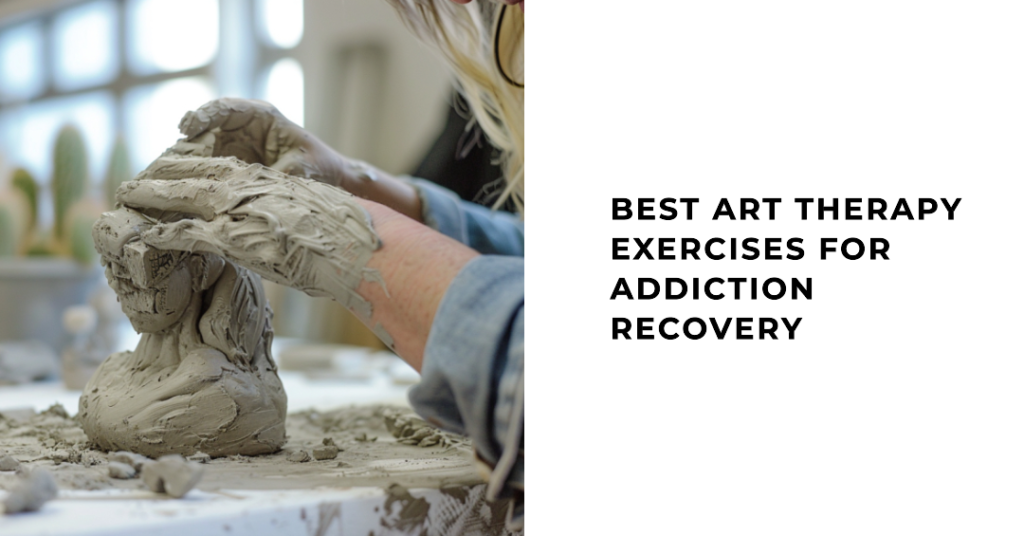
Art therapy is a powerful tool in the field of addiction recovery, offering individuals a creative and non-verbal means of expressing their thoughts, feelings, and experiences. By engaging in various art-making activities, those in recovery can explore their emotions, develop coping skills, and find new ways to communicate their struggles and successes. Art therapy has been shown to be an effective complement to traditional addiction treatment methods, providing a holistic approach to healing and personal growth.
In this article, we will explore 10 of the best art therapy exercises for addiction recovery, each designed to target specific aspects of the recovery process. From stress-relief techniques like mandala drawing to self-reflection activities like mask making, these exercises offer a wide range of benefits for those seeking to overcome addiction and build a strong foundation for long-term recovery.
10 Best Art Therapy Exercises for Addiction Recovery
1. Mandala Drawing for Stress Relief
Mandala drawing is a powerful art therapy exercise that can help individuals in addiction recovery manage stress and promote relaxation. By focusing on creating intricate patterns and designs within a circular structure, participants can achieve a meditative state and find inner peace.

Discover the benefits of mandala drawing and other art therapy exercises in our comprehensive 50 Art Therapy Exercises eBook. This valuable resource is perfect for those seeking to explore the healing potential of art therapy.
2. Expressive Painting for Emotional Release
Expressive painting encourages individuals to freely express their emotions through color, brushstrokes, and abstract forms. This art therapy exercise allows participants to release pent-up feelings and gain a deeper understanding of their emotional state, which is crucial for addiction recovery.
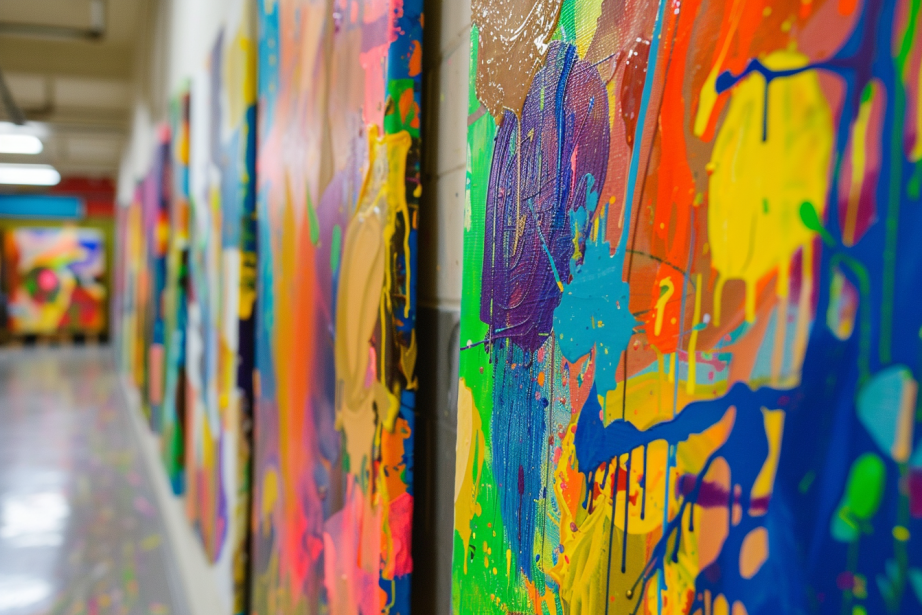
| Benefits of Expressive Painting | How It Helps in Addiction Recovery |
|---|---|
| Promotes emotional release | Allows individuals to safely express and process difficult emotions |
| Encourages self-expression | Helps participants communicate their feelings when words fail |
| Reduces stress and anxiety | Provides a healthy outlet for managing stress and anxiety |
3. Collage Making for Self-Reflection
Collage making is an engaging art therapy exercise that promotes self-reflection and self-discovery. By selecting and arranging images, words, and textures, participants can create a visual representation of their thoughts, feelings, and experiences related to their addiction and recovery journey.
Interested in learning more about art therapy techniques? Consider enrolling in our Art Therapy Practitioner Certification program. This comprehensive course will equip you with the skills and knowledge needed to effectively use art therapy in various settings, including addiction recovery.
4. Guided Imagery Drawing for Relaxation
Guided imagery drawing combines visualization techniques with art-making to promote relaxation and reduce stress. During this exercise, participants listen to a guided meditation while creating a visual representation of the peaceful scenes they imagine, helping them develop coping strategies for managing cravings and triggers.
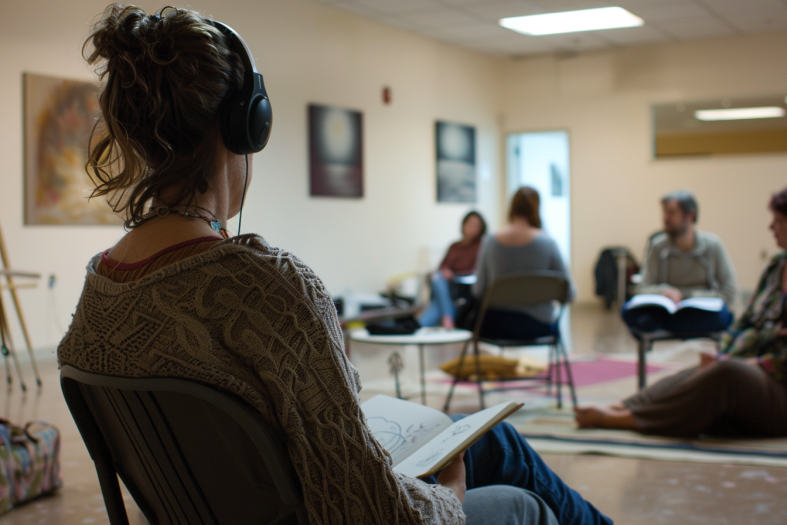
5. Gratitude Art Journaling for Positive Thinking
Gratitude art journaling encourages individuals to focus on the positive aspects of their lives, even amidst the challenges of addiction recovery. By creating visually appealing pages that highlight the things they are thankful for, participants can cultivate a more optimistic mindset and build resilience.
Benefits of Gratitude Art Journaling
- Shifts focus to positive experiences
- Promotes a sense of appreciation and contentment
- Helps maintain motivation during the recovery process
6. Collaborative Mural Painting for Community Building
Collaborative mural painting is a powerful art therapy exercise that fosters a sense of community and support among individuals in addiction recovery. By working together to create a large-scale artwork, participants can develop social skills, build trust, and feel a sense of belonging within their recovery community.
Learn more about the benefits of art therapy for various populations:
- Art Therapy for Veterans
- Art Therapy for Autism
- Art Therapy for Grief Recovery
- Art Therapy for Teenagers
- Art Therapy for Seniors
- Benefits of Art Therapy for Adults
7. Sculpture Making for Tactile Exploration
Sculpture making allows individuals in addiction recovery to engage with art materials in a tactile and three-dimensional way. By working with clay, wire, or other sculpting materials, participants can explore their creativity, improve focus, and develop a sense of accomplishment as they create tangible objects.

8. Mask Making for Exploring Identity
Mask making is a powerful art therapy exercise that helps individuals in addiction recovery explore their sense of identity and the roles they play in their lives. By creating masks that represent different aspects of themselves, participants can gain insight into their thoughts, feelings, and behaviors related to addiction and recovery.
| Mask Making Process | Benefits for Addiction Recovery |
|---|---|
| Designing the mask | Encourages self-reflection and introspection |
| Creating the mask | Provides a creative outlet for self-expression |
| Wearing the mask | Allows for role-playing and exploring different perspectives |
| Discussing the mask | Facilitates meaningful conversations about identity and recovery |
Discover how art therapy can help unleash children’s potential in our blog post, Art Therapy Exercises: Unleash Children’s Potential.
By incorporating these 8 art therapy exercises into addiction recovery programs, individuals can develop essential coping skills, promote emotional well-being, and foster a sense of community as they navigate the challenges of recovery. With the guidance of trained art therapy practitioners, these exercises can be a valuable tool in supporting long-term recovery and personal growth.
9. Body Outline Drawing for Self-Awareness
Body outline drawing is an art therapy exercise that helps individuals in addiction recovery develop a greater sense of self-awareness and connection to their physical and emotional states. By tracing the outline of their body on a large sheet of paper and filling it with colors, images, and words that represent their feelings and experiences, participants can gain insight into the relationship between their thoughts, emotions, and bodily sensations.

10. Transformational Collage for Visualizing Change
Transformational collage is a powerful art therapy exercise that encourages individuals in addiction recovery to visualize the changes they wish to see in their lives. By creating a collage that represents their ideal future self, participants can clarify their goals, identify the steps needed to achieve them, and maintain motivation throughout the recovery process.
| Steps in Creating a Transformational Collage | Benefits for Addiction Recovery |
|---|---|
| Gathering inspirational images and words | Encourages a focus on positive aspirations |
| Arranging the elements on the collage | Promotes creative problem-solving and decision-making |
| Reflecting on the completed collage | Helps maintain motivation and commitment to change |
| Sharing the collage with others | Facilitates support and accountability within the recovery community |
Conclusion
Art therapy offers a wide range of exercises and techniques that can support individuals in addiction recovery, providing a creative outlet for self-expression, emotional regulation, and personal growth. By incorporating activities like mandala drawing, expressive painting, and mask making into addiction treatment programs, art therapy practitioners can help clients develop essential coping skills, build self-awareness, and foster a sense of community.
As we have seen throughout this article, art therapy is a versatile and effective tool that can be adapted to meet the unique needs of each individual in recovery. Whether used as a complement to traditional talk therapy or as a standalone intervention, art therapy has the power to transform lives and support long-term recovery.
If you are interested in learning more about art therapy and its applications in addiction recovery, we encourage you to explore our 50 Art Therapy Exercises eBook and consider enrolling in our Art Therapy Practitioner Certification program. By deepening your understanding of this powerful therapeutic approach, you can make a meaningful difference in the lives of those seeking to overcome addiction and build a brighter future.

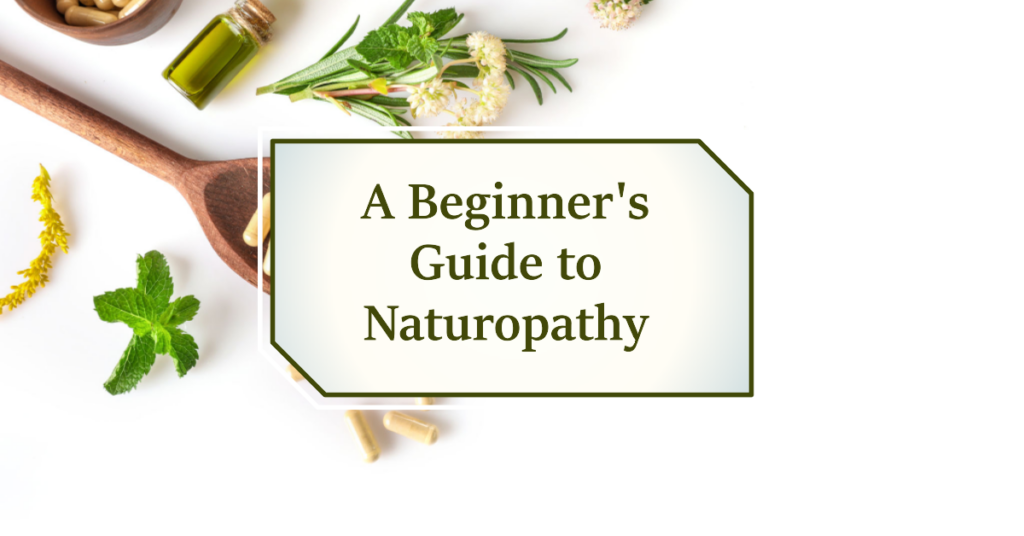
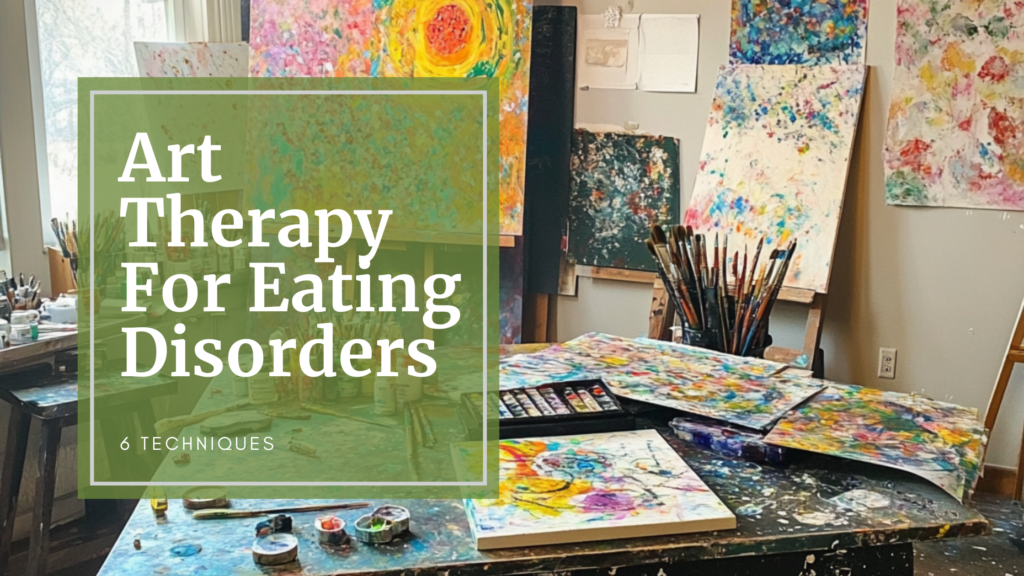
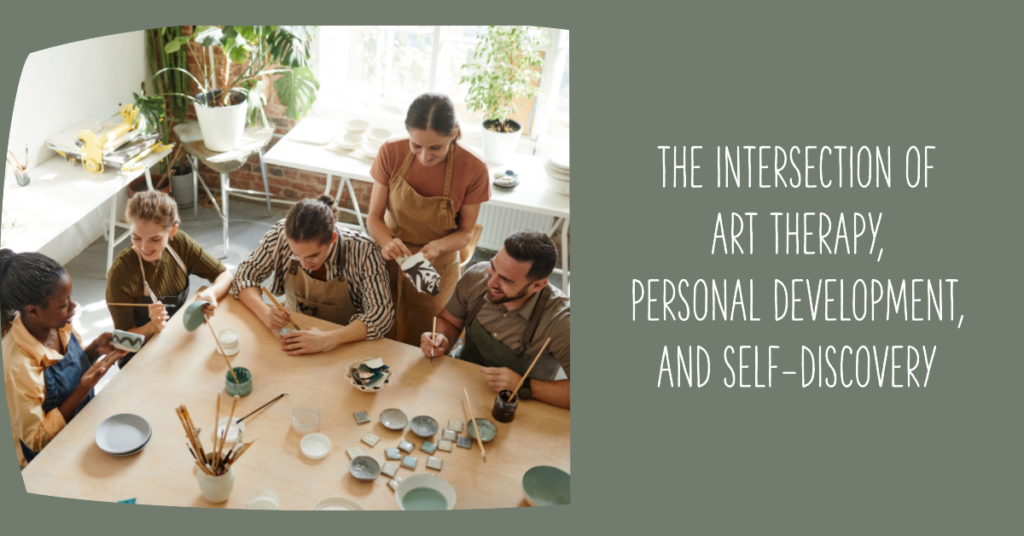

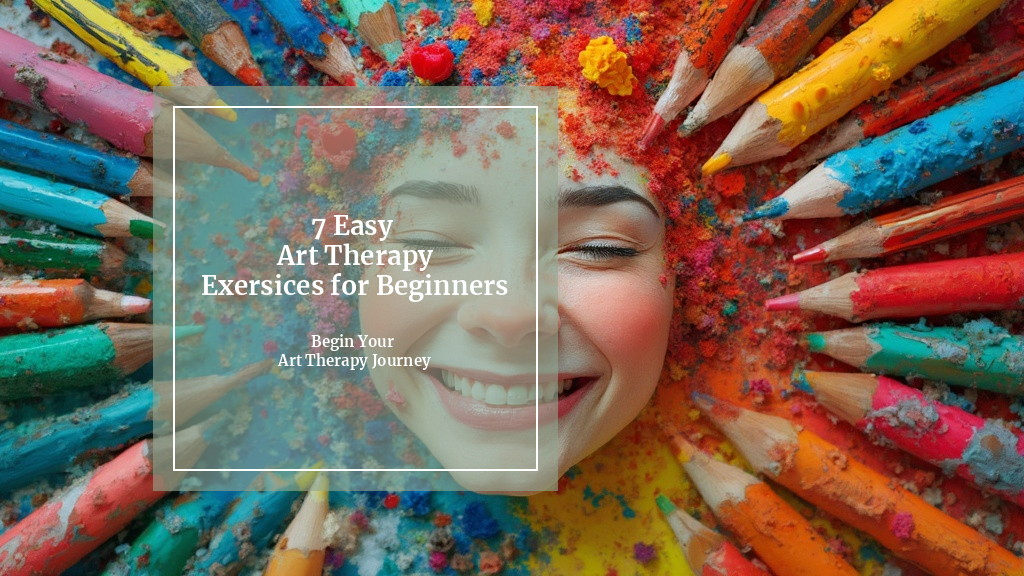


Responses